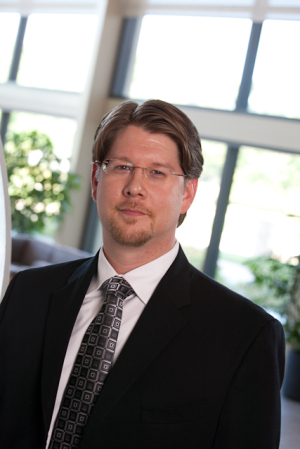From the August 2022 issue of HealthCare Business News magazine
When it comes to maintaining medical equipment, break/fix is just one piece of the puzzle, and decisions around support services are no less consequential than capital equipment purchases themselves. As healthcare providers seek to lower costs and improve efficiency, service contracts should be scrutinized, ensuring they include everything necessary for long term success. According to David Phillips, the Services and Solutions delivery marketing leader at Philips, that means support to improve productivity, productive life and limiting the downside risk with the equipment.
Boosting productivity – Tapping into productivity insight
“Part of the evaluation would be to understand your utilization, workflow, efficiency, patient volume, and to benchmark these against the competition, and against best practices,” Phillips says. A good service agreement will also include productivity solutions through software clinical services, upgrades to clinical education and training, and advanced utilization and workflow knowledge, including consulting.
In that sense, a good equipment service contract provides a road rather than a destination. Leveraging tools to support peak productivity, like Philips Performance Bridge, an analytics application suite that can analyze metrics to increase operational efficiency while targeting cost reductions, makes maximizing value a constant work in progress.
Recognizing the strengths and weaknesses of your own service team, or health technology management (HTM) department, is another imperative to determining the right equipment coverage. Service contracts should support a facility’s training needs with the utmost flexibility, whether that means primarily working on the system in-house, or stronger collaboration with original equipment manufacturer (OEM) engineers. Philips provides packages that include hands-on and virtual training for corrective and planned maintenance requirements, and makes sure on-site HTM departments receive foundational clinical training that is built into training packages for each system.
A recipe for non-obsolescence and extended product life
It's not uncommon for purchased capital equipment to be operated for 10 to 15 years, and a good service contract should keep those systems running at the latest software release, and have the latest OS patch updates applied, while controlling cost through a predictable fee. In addition to ensuring the equipment is well-maintained, compliant and protected, it also serves the bigger picture goals of decreasing unexpected downtime and warding off early obsolescence.
